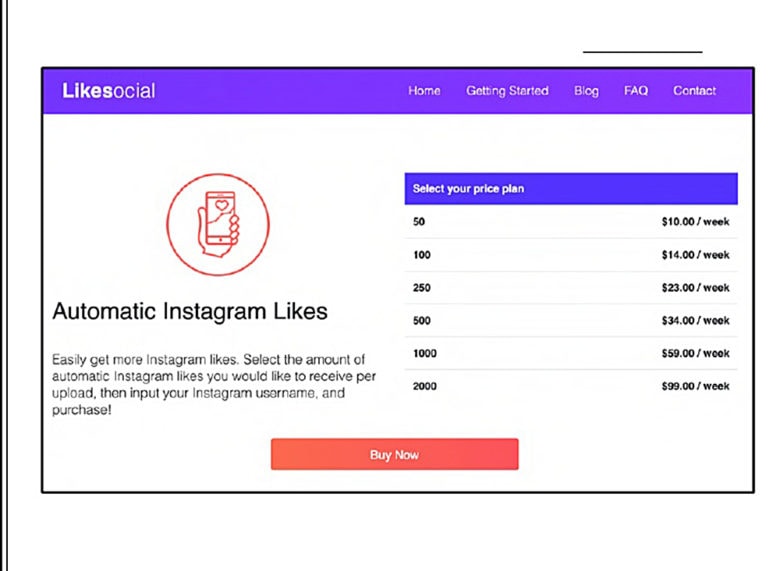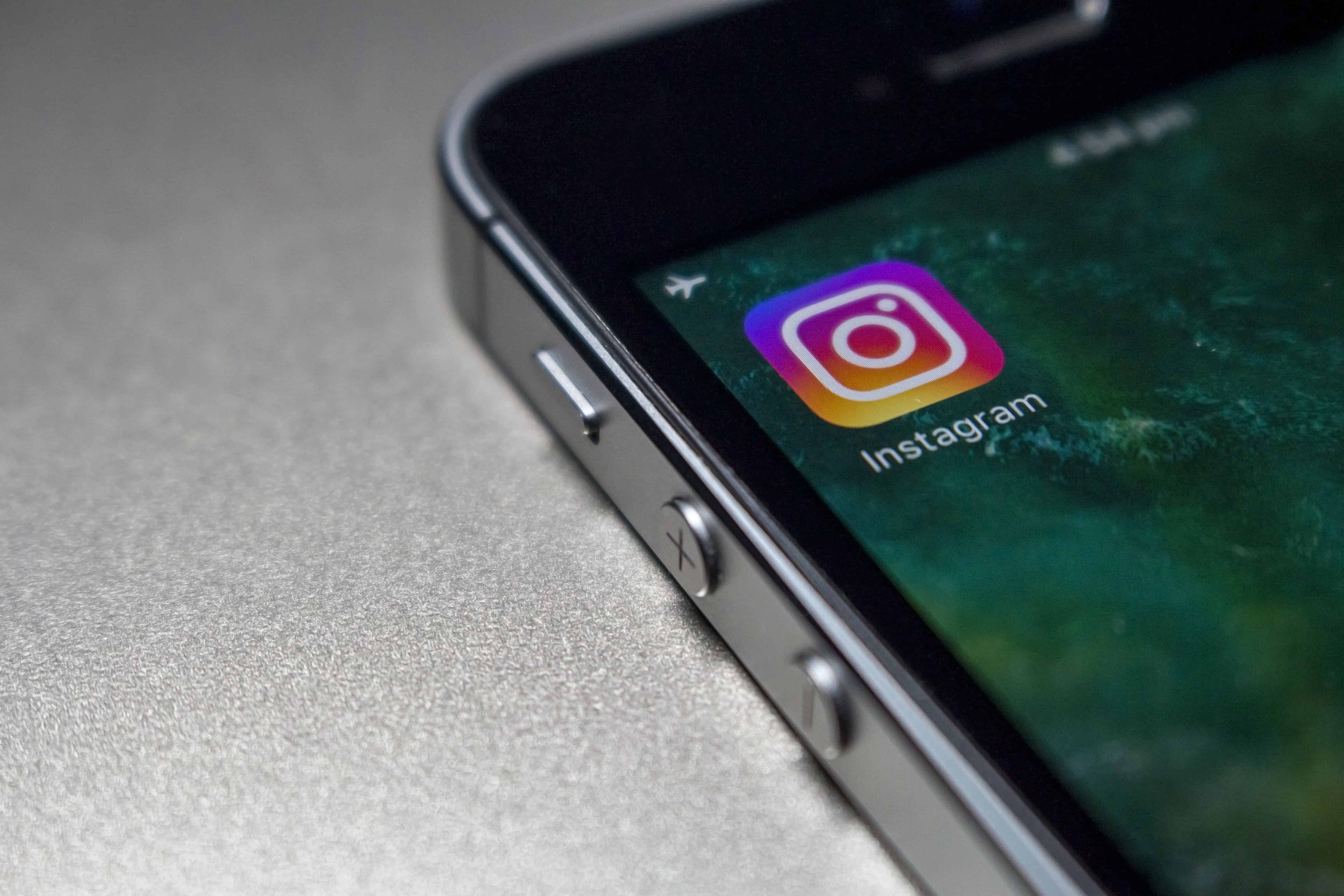Facebook is suing a New Zealand-based company for selling fake likes and follows to users of its photo-sharing app, Instagram.
The lawsuit, filed today in U.S. District Court in San Francisco, accuses the defendants of using different companies and websites to peddle bot-generated likes, views, and new followers, which violates Instagram’s terms of use along with U.S. computer fraud laws.
In less than a year’s time, the defendants made more than $9.4 million dollars selling likes at prices ranging from $10 to $99 per week.
“Inauthentic activity has no place on our platform,” Jessica Romero, Facebook’s director of platform enforcement and litigation, said in a written statement. “That’s why we devote significant resources to detecting and stopping this behavior, including blocking the creation and use of fake accounts and using machine learning technology to proactively find and remove inauthentic activity from Instagram.
“Today’s lawsuit is one more step in our ongoing efforts to protect people and prevent inauthentic behavior on Facebook and Instagram.”
Fake likes and stepped-up enforcement
In November, Instagram warned users that it would scrub inauthentic follows and likes created by third-party apps and services. Aggressive enforcement rose from revelations that bad actors in other countries, particular Russian, ran misinformation campaigns to sway American elections.
Facebook has since removed millions of fake accounts, the company claims.
Social Media Series Limited and three individual defendants, Arend Nollen, Leon Hedges and David Pasanen are named in the lawsuit. The defendants used a network of bots and Instagram accounts to deliver artificial engagement. They created websites, such as IGFamous.net, SocialENvy.co and Likesocial.co, to sell bogus likes and views (see the chart included with the lawsuit below).

Screenshot: from court filing
Facebook seeks unspecified damages that will likely exceed the amount the company made from selling likes.
According to the lawsuit, Facebook sent repeated cease and desist letters to the defendants, which continued their service by creating new websites after each letter.
Such services are tempting to Instagram users trying to make a living as a social influencer, a status that attracts popularity and sponsors with high volumes of views, followers and likes.
Fake engagement is available for virtually every major social media platform, especially Twitter, where celebrities, athletes and other public figures have been known to avail themselves of such services.
President Donald Trump met this week with Twitter CEO Jack Dorsey to complain about falling numbers on Twitter. Dorsey told Trump his numbers have fluctuated since Twitter began scrubbing fake activity from accounts.


